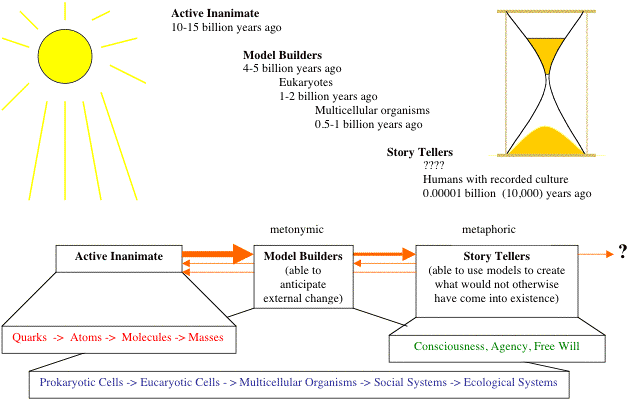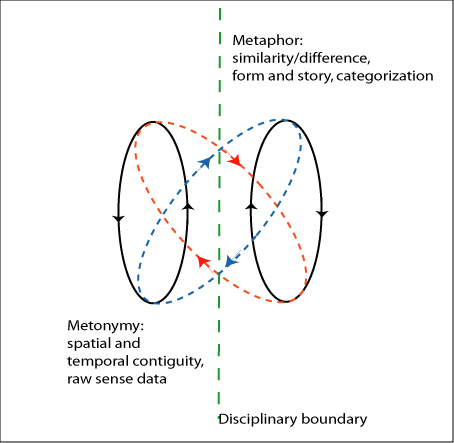The Story of the Evolution...
...Of the Tomato?


 | From Ahab's Wife (The Story of Evolution, Take One)
Una's inner reply: "Yes--but that is only one way. There are many ways. We choose." |
From Middlesex (The Story of Evolution, Take Two)
|  From Nice Cufflinks |
 |
From Zadie Smith's essay on Forster (The Story of Evolution, Take Three) |

 |
But what about science? |
 |